If you’re a dog owner that consumes cannabis products containing THC, you may be curious as to how the cannabinoid famous for its intoxicating effects might affect your canine companion.
Does THC make dogs high like it does humans? Is THC toxic to dogs? Will your dog be okay if they get into your gummies or stash of edibles? What about if they eat cannabis buds? Or are exposed to secondhand smoke?
While THC intoxication is rarely fatal in dogs, it can cause some concerning side effects in canines that all pet parents who consume THC products should be aware of.
Is THC Toxic to Dogs?
The rise of legal medical and recreational marijuana nationwide has led to an increase of the number of pets that have been exposed to THC. In 2019, the Animal Poison Control Center experienced a 765% increase in calls about cannabis-consuming pets. In a period of six years, the Pet Poison Hotline experienced almost a 450% increase in calls concerning pets that had consumed THC.
The increase in pet exposure to THC really started to rise after the widespread legalization of medical marijuana. Between 1996-2011, there were 16 states that passed medical marijuana laws. By 2012, the rise in the number of pets exposed to THC was so dramatic that it prompted a clinical evaluation of marijuana toxicosis in dogs living in legal medical marijuana states. The study focused on cases reported to two Colorado veterinary hospitals. It discovered that the number of reported cases quadrupled during this time.
So how exactly does THC affect dogs? Is it dangerous for your dog to eat marijuana edibles? What about Delta-9 THC gummies sourced from hemp?
Will THC Get Your Dog High?
Ever wonder if your dog would get high if they got into your gummies? Or if they’d become intoxicated if exposed to secondhand smoke?
The short answer is yes. Whether the THC your dog consumed came from marijuana or hemp, THC can definitely get your dog high. Whether they eat one of your edibles or inhale secondhand smoke, your dog will surely feel the effects.
Say your pet does get into your stash. What will happen to your dog if they do end up eating your gummies? What about that batch of infused brownies you left cooling on the kitchen counter? Here we’ll take a deeper look at what THC toxicity in dogs tends to look like.
Symptoms of THC Toxicity in Dogs
Just like THC doesn’t affect all humans the same, different dogs will react differently when they consume the cannabinoid. While some dogs might only display mild symptoms to THC exposure, it can affect other dogs much more seriously. Even the smallest amounts of THC can be too much for some dogs. In very rare cases, THC can be fatal for dogs.
Signs of THC toxicity in dogs can appear anywhere from a few minutes up to 1-3 hours. Symptoms will tend to come on more quickly depending on how the THC was ingested. The effects of THC are typically felt more rapidly when it’s inhaled compared to when it's consumed orally.
This means if someone blew smoke into your dog's face, the dog would feel the effects more quickly than if the dog consumed THC edibles. Generally the more THC the dog consumes, the more it will affect them. Some dogs, however, can be affected when exposed to very low amounts.
Despite how much THC they got into (or how they got into it), it’s important to keep an eye on them. You know your dog best. If they start acting differently, you’ll likely realize it right away. A couple telltale signs of THC intoxication in dogs? They might seem drunk. Or lethargically lazy.
Following are some of the things to look for in your dog if they’re exposed to THC:
- Decreased energy
- Lethargic behavior
- Loss of balance
- Stumbling or falling over feet
- Labored breathing
- Abnormal heartbeat
- Whining
- Drooling excessively
- Increase or decrease in blood pressure
- Urinary incontinence
- Increase or decrease in body temperature
- Tremors
Does the Size of Your Dog Make a Difference?
The experience a Great Dane has after consuming THC compared to a Chihuahua is going to be completely different. When it comes to THC, the size of your dog makes a huge difference.
Let’s say you have two dogs. One is a modest 75lbs, while the other weighs less than 3lbs. If they get into your THC together and ingest the same amount, your little dog will be much more affected than your big dog.
They metabolize the cannabinoid differently, and larger dogs can typically “handle” THC better than smaller dogs. This doesn’t mean that THC won’t affect bigger breeds, it just means they might not be as affected as smaller ones.
What Should You Do if Your Dog Ingests THC?
If your dog ingests THC, you’ve got a few different options. Treatment will vary depending on the symptoms your dog is displaying. Some pets can be safely cared for at home, especially if they’re displaying mild symptoms. Other dogs may need to be taken to the veterinarian. But in any case, call your bet just to be sure.
In the case you do end up at the vet, they might give your dog activated charcoal (in a liquid form that they drink) to help absorb THC from the gastrointestinal tract. This can help prevent further absorption into the bloodstream. Your vet might also induce vomiting or pump your dog’s stomach, both of which can help expel THC from its system.
In pets that are significantly affected after consuming THC, a treatment known as intralipid therapy may be used. This infusion of lipid, which is the fat in IV nutritional therapy, binds to THC molecules and helps move them more quickly out of your pet’s body.
While at the vet, your dog may be given an IV to ensure they stay hydrated. Your vet will also likely monitor their vitals, ensuring blood pressure and heart rate are stable and organs are functioning properly.
Is it Necessary to Take Your Dog to the Vet if They Consume THC?
While THC toxicity is rarely fatal in dogs, seeking professional veterinary advice is highly recommended if you suspect your pup has consumed THC—especially if you don’t know how much they consumed, or they get into a tray of brownies or other edibles made with chocolate.
The same study that discovered a fourfold increase in marijuana toxicity in dogs living in medical marijuana states reported the death of two dogs (out of 125) after they had ingested chocolate baked goods made with medical-grade marijuana butter. It’s unknown whether death was caused by THC consumption or the chocolate, which is extremely toxic to dogs.
Keep in mind that it is extremely rare for pets to consume enough THC to cause death. Theobromine, the main alkaloid in chocolate, is a different story. It affects the central nervous system, cardiovascular system and respiratory system of dogs. Signs of chocolate toxicity in dogs include vomiting, vomiting blood, hyperexcitability, hyperirritability, excessive panting, loss of balance and muscle twitching. Severe cases of chocolate toxicity in dogs can lead to irregular heartbeat, seizures and death.
Xylitol is something else extremely toxic to dogs, which is also cause for concern when it comes to cannabis products containing THC. Between 2015-2020, xylitol pet poisoning cases more than doubled. According to experts, the increase in products made with xylitol is responsible.
With more people turning to sugar-free products, it’s become one of the most popular natural alternatives. Xylitol is used widely in marijuana edibles. This makes consuming some THC goodies extra dangerous to dogs, especially chocolate edibles made with the popular sugar-free alternative.




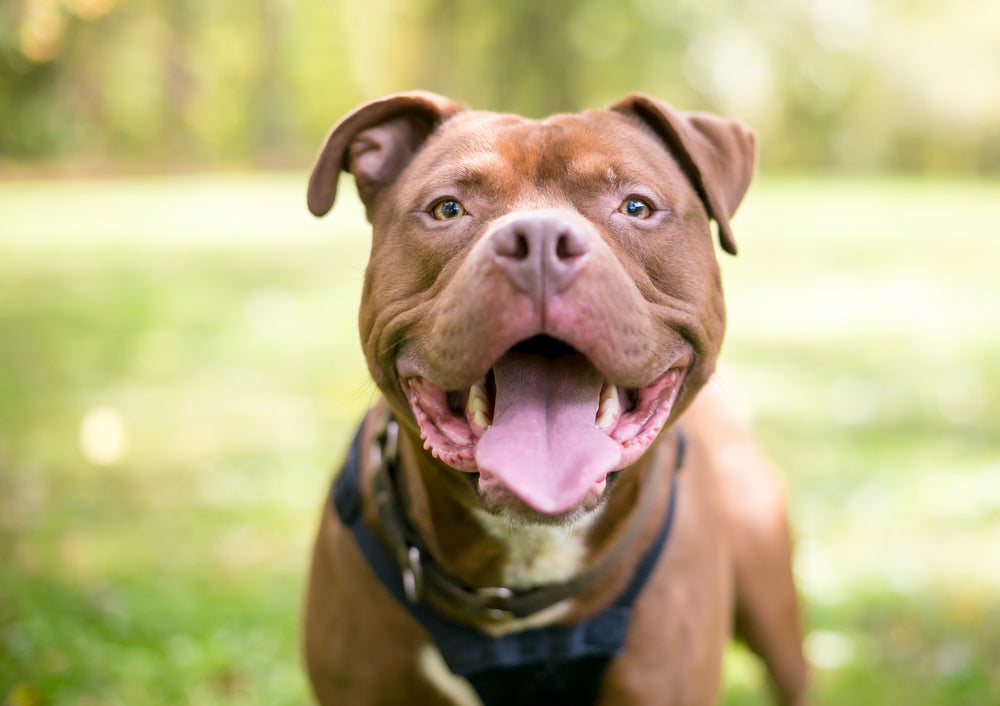





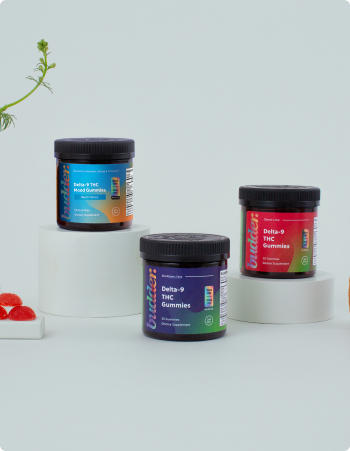


















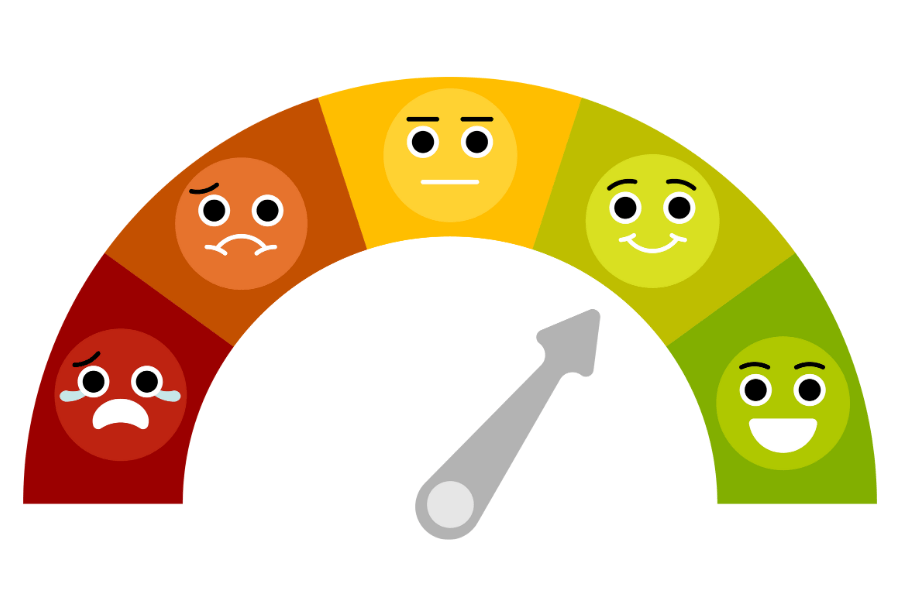
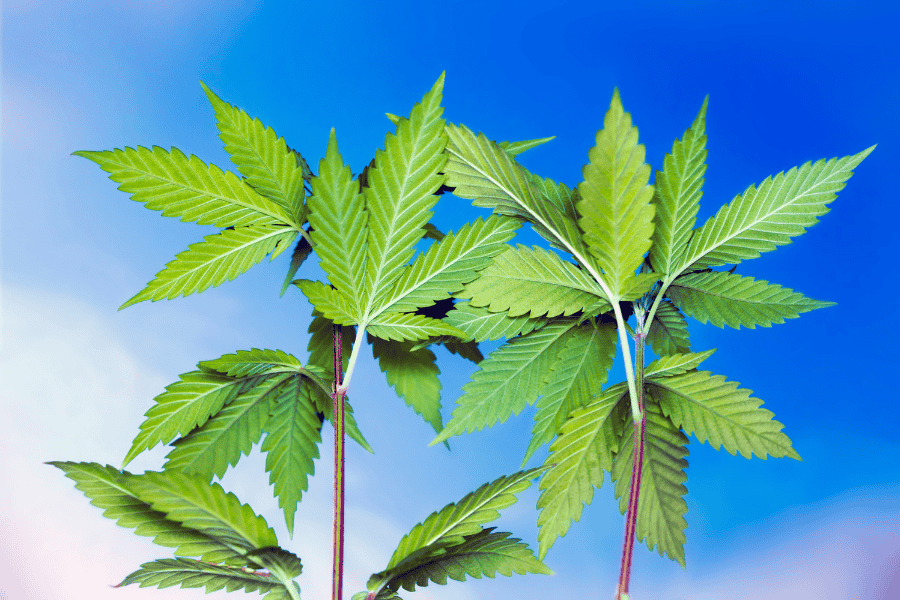


















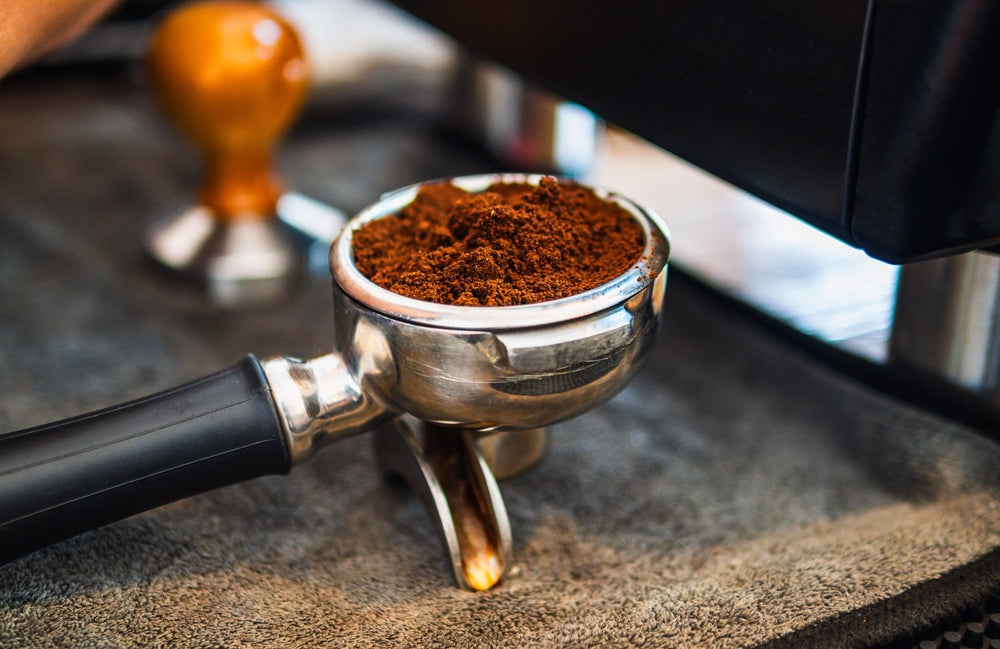

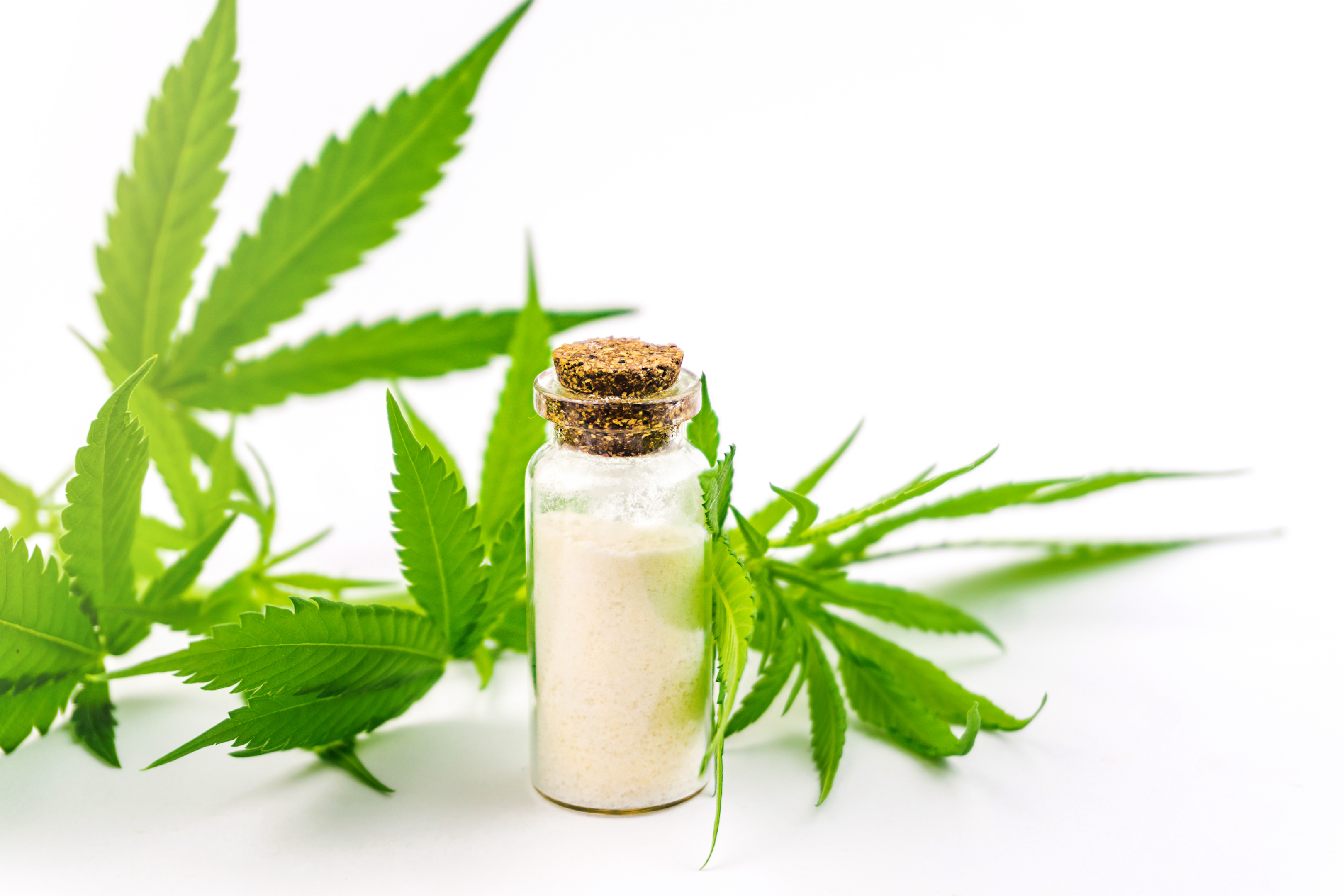

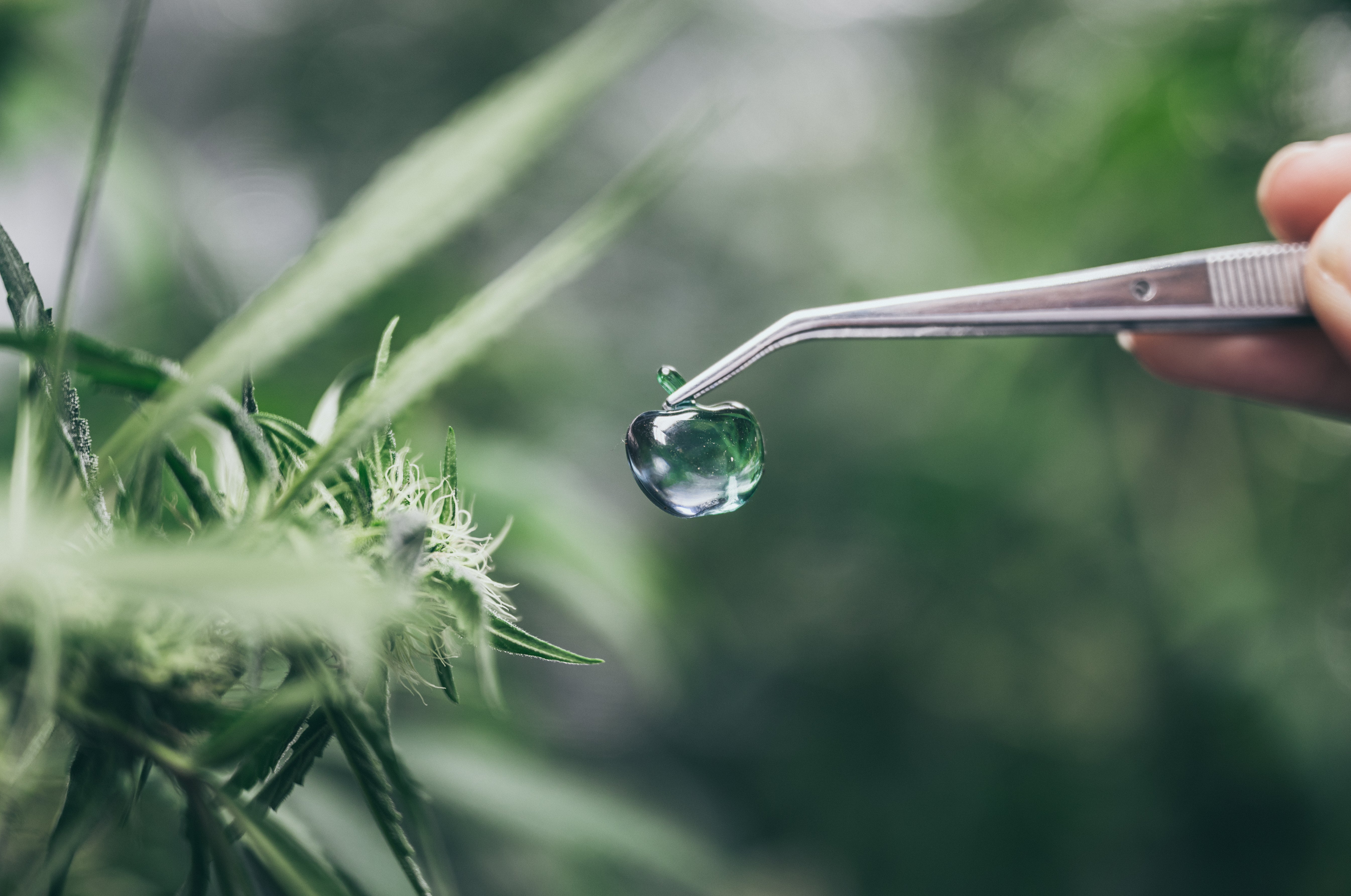

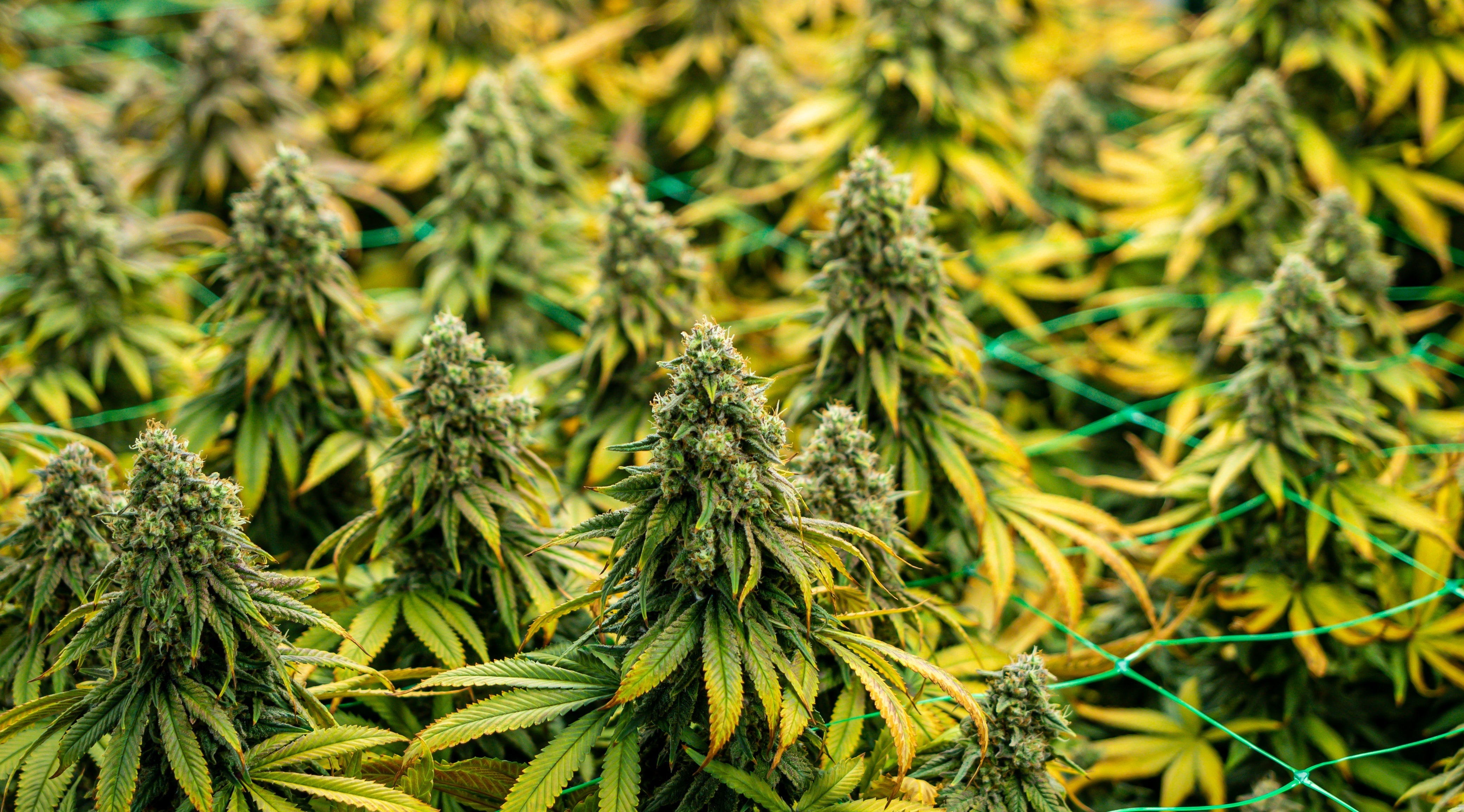
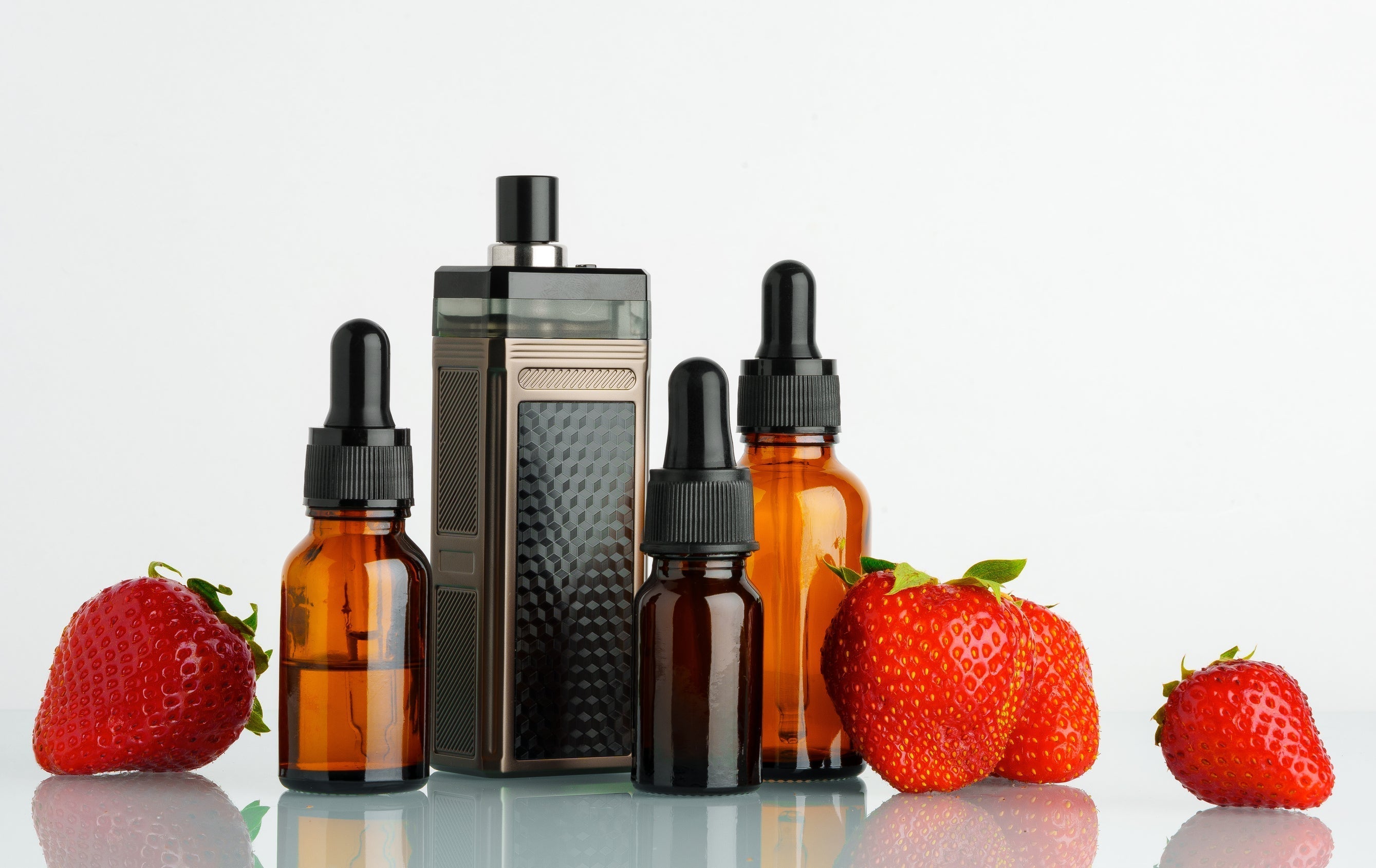

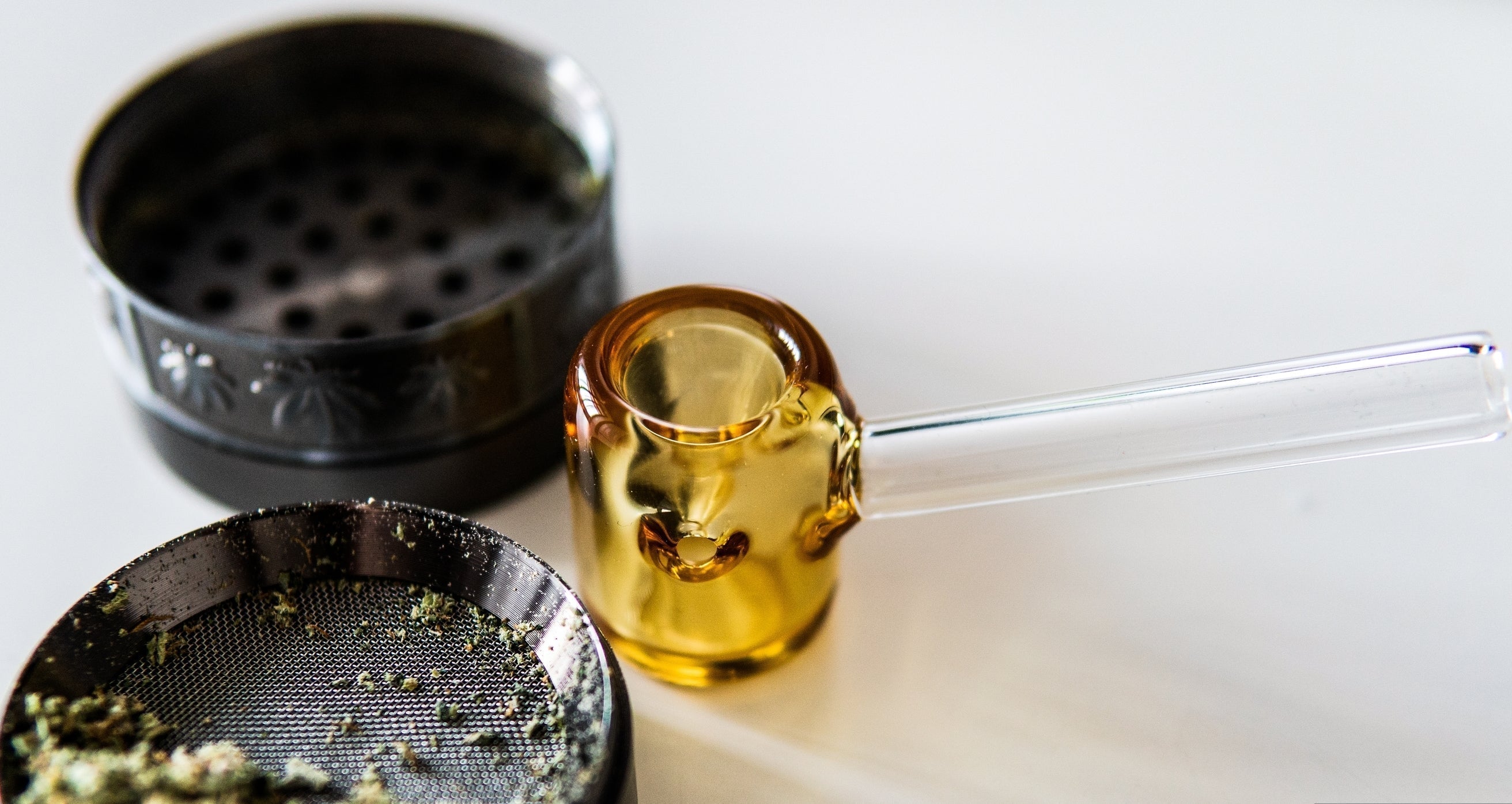

Join in on the Conversation
Your email address will not be published. Once your comment is approved, it will be published.